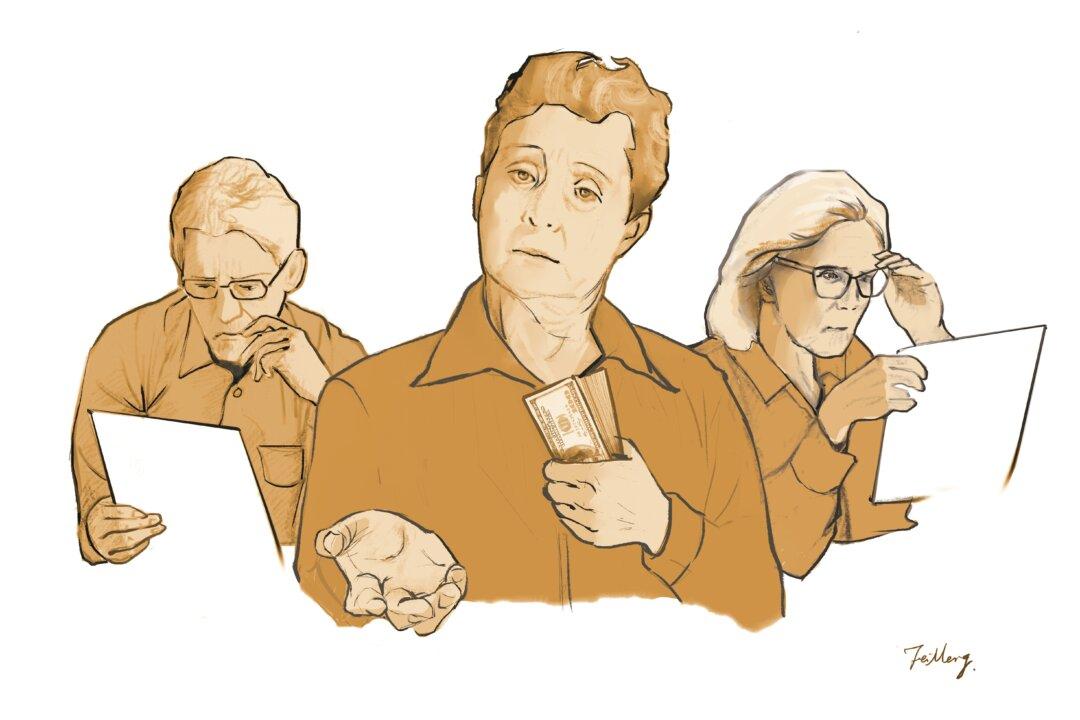I guess there just must be something about the human psyche that makes so many people feel they’re being cheated out of something that everyone else gets. And if my emails are any indication, that’s especially true when it comes to older adults and Social Security. So many of them seem to be convinced that the big, bad government is keeping them from getting some kind of Social Security benefit that everyone else qualifies for. And they are almost always wrong.
Here are some examples from just this week’s email inbox.





